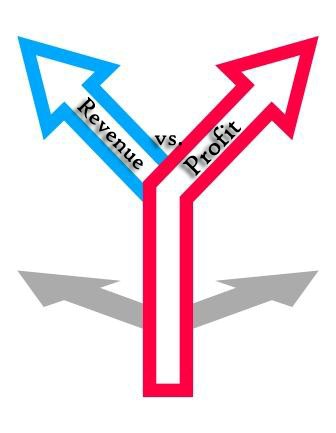THE IMPORTANCE OF ACCOUNTING IN TIMES OF CRISIS
Amidst the current economic slowdown, companies are understandably looking for ways to cutdown on overheads and maintain revenues. Non-core functions such as marketing, HR, or even accounting may be the first to be foregone.
This article aims to highlight the importance of the accounting function in a company especially in times of crises. In fact, it is in times of economic uncertainty is when the benefits of maintaining accurate accounts pays dividends.
Know Where to Focus Your Efforts
Maintaining accurate books of accounts can help companies identify and separate the profit generating functions from loss generating functions. This is never more important than in the times of economic slowdown. This is the type of information that decision makers need to make choices that can ensure the survival of the company.
Time for a Loan?
Governments across the world have implemented financial aid packages for companies to get through the current crisis. Some of these packages include loans for companies to ensure that they have sufficient working capital during these difficult times. In order to be able to get such loans however, companies will be required to submit financial statements explaining their financial position and the impact that the COVID-19 Pandemic had on their operations. In such situations, time is of the essence, therefore, preparing such statements at the spur of the moment would take too long.
The Tax Man Still Wants His Money
It is necessary for all companies to comply with the tax regulations that are imposed by the government regardless of the economic conditions. If the company’s accounts are not reliable and up to date, tax calculations will inevitably be affected and accordingly, companies might find themselves either paying more or less than what they should putting themselves at risk of penalties either way. Therefore, maintaining accounting records that are in line with the tax regulations can save companies money and protect them from potential penalties.
Insurance Claims
Accounting records may be essential for companies to prove ‘lost earnings’ due to the mandatory closure of the businesses or a drastic decrease in business activity. For companies insured against such natural disasters or circumstances such as the current COVID-19 pandemic, it would be wise to maintain accurate and up to date accounting records to support their insurance claims.



